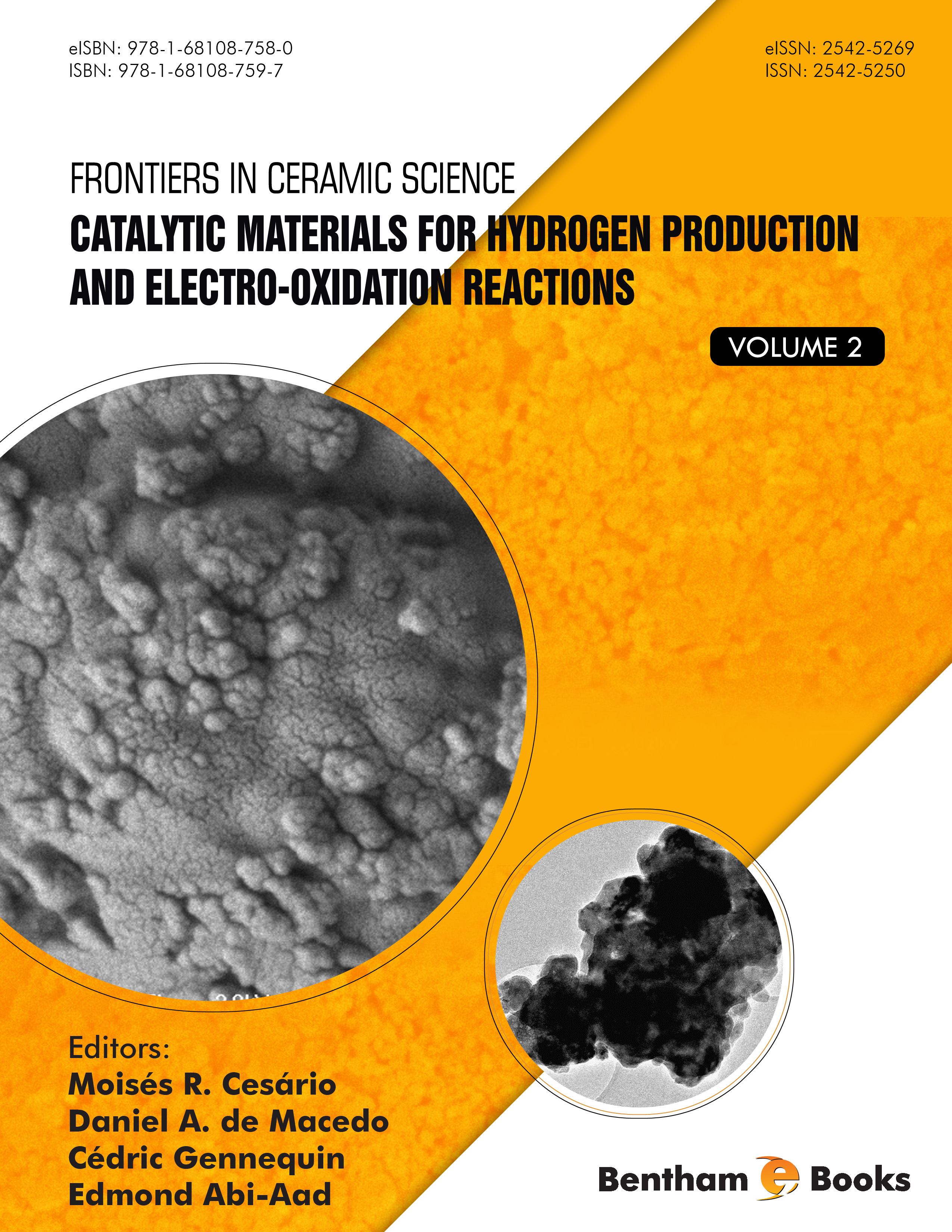Introduction
The implementation of hydrogen production processes on an industrial scale requires a comprehensive understanding of the chemical proprieties of catalytic materials and the applications such materials in electrocatalysis. This volume presents information about catalytic materials for hydrogen production and hydrogen valorization in electro-oxidation reactions. Chapters emphasize on materials for classical steam, CO2 sorption enhanced steam reforming and dry reforming for hydrogen production. The hydrogen electro-oxidation reaction in anodes of Solid Oxide Fuel Cells (SOFCs) is also explained. Chapters have been contributed by experts in industrial chemistry, adding a valuable perspective for readers. This volume is essential to chemical engineering researchers and industrial professionals interested in hydrogen production systems and the science behind the materials driving the reactions in key processes.

